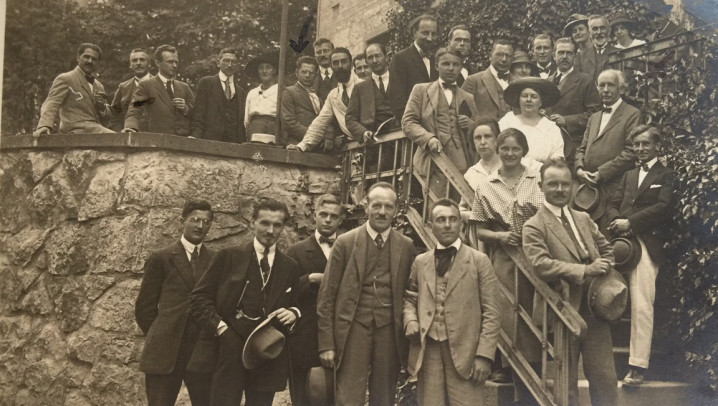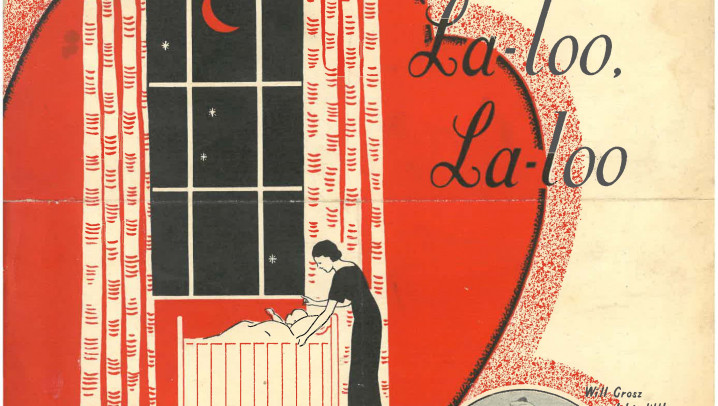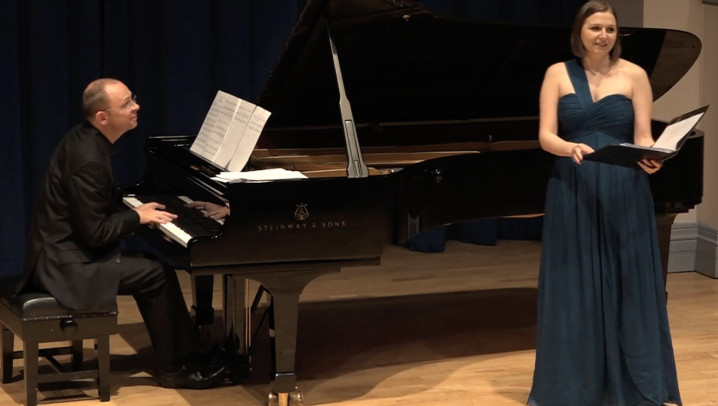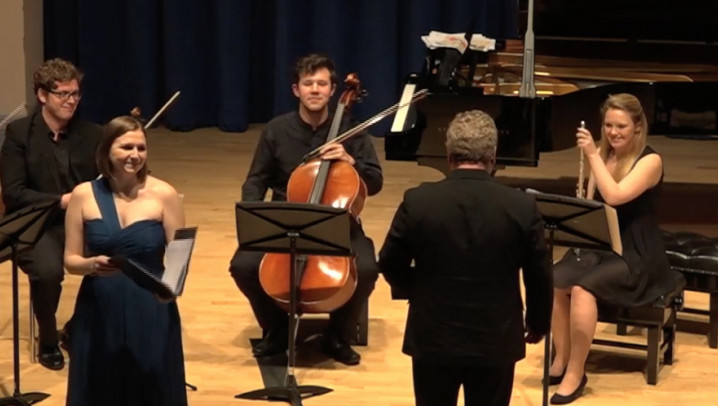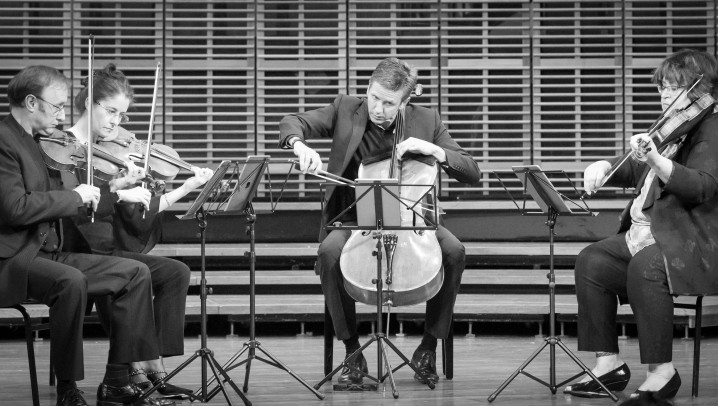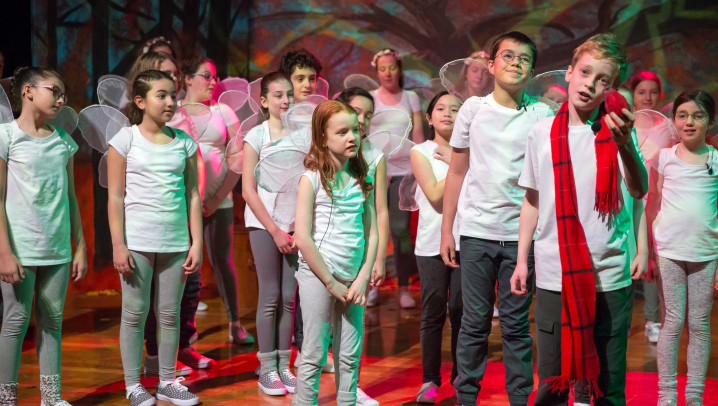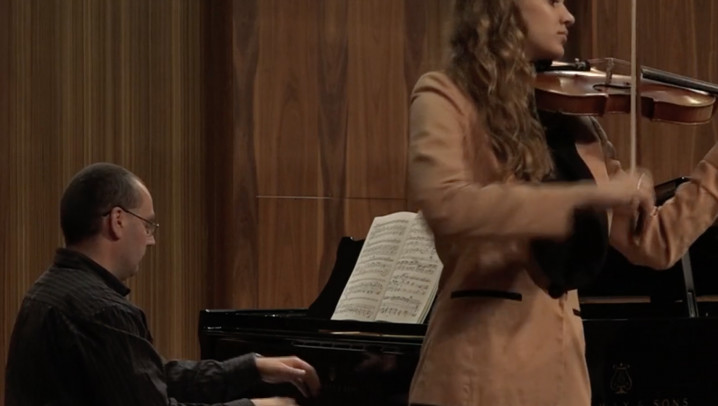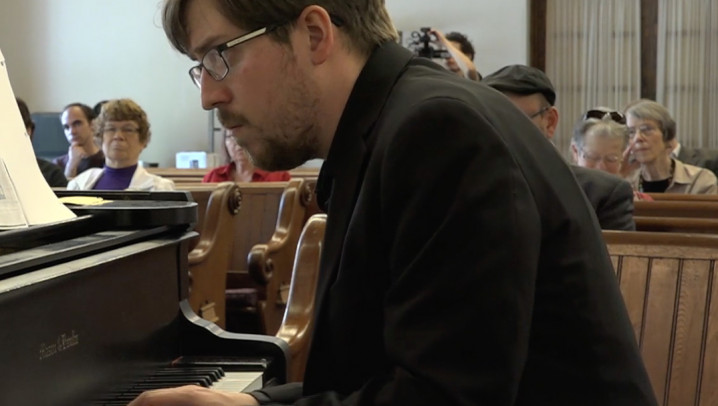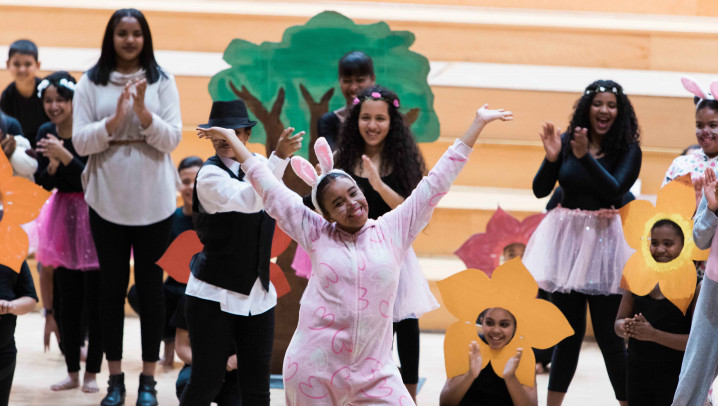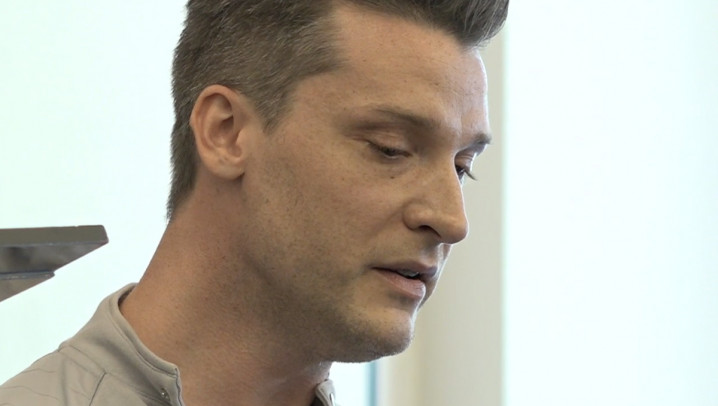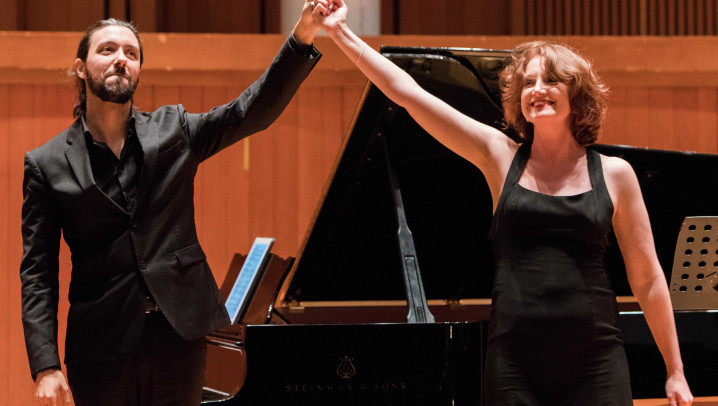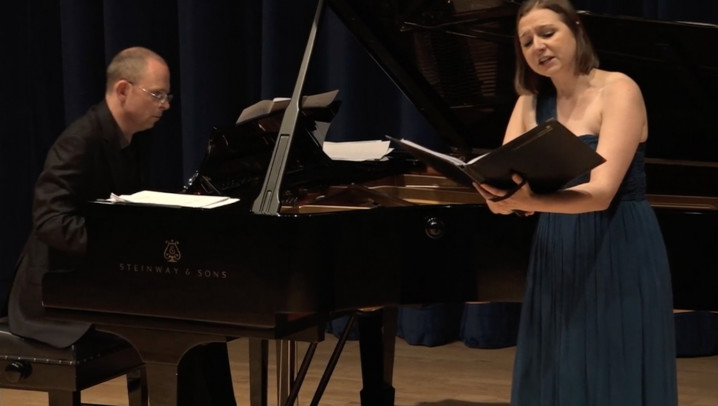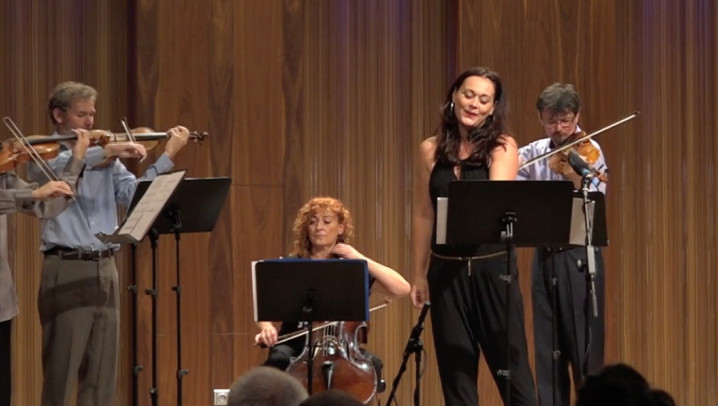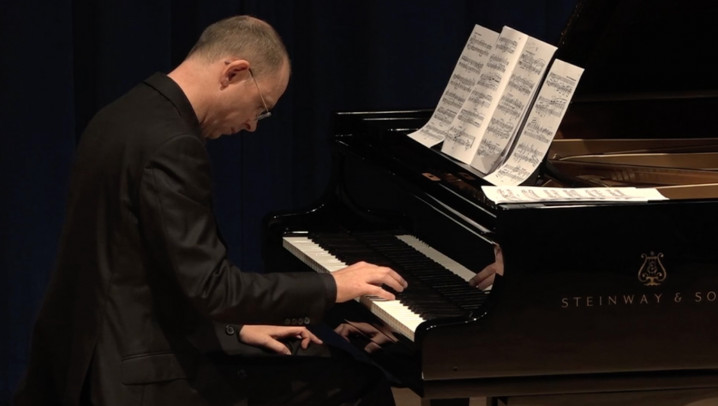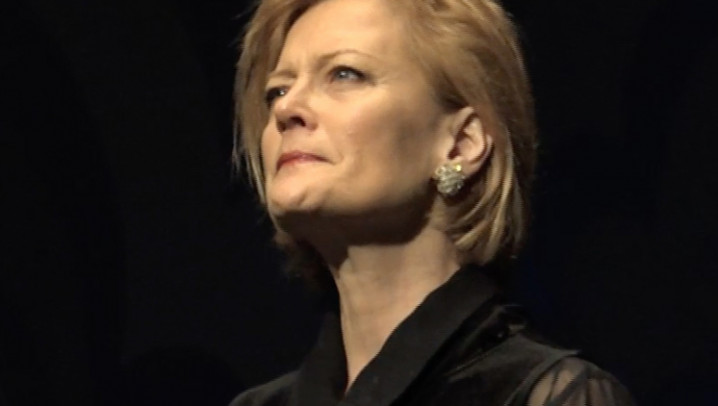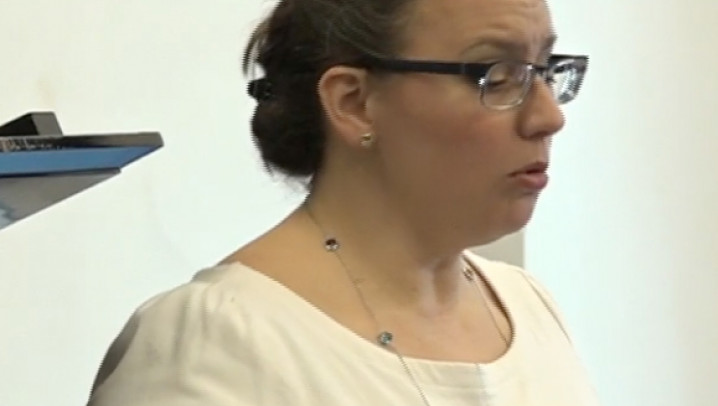
Wilhelm Grosz
Viennese-born composer, pianist, musicologist and record producer whose career traversed concert stage, cabaret and popular music.
| Gender | Male |
|---|---|
| Nationality | Austria |
| Website | http://www.exilarte.at/editor/ausgabe_composer.php?id_composer=22 |
Wilhelm Grosz's music featured in all of the 'Out of the Shadows: Rediscovering Jewish Music and Theatre' festivals, organised by Performing the Jewish Archive, in 2016 and 2017. All of the festivals played host to modern premieres of his works, edited and curated by PtJA researcher Joseph Toltz.
Grosz was born in Vienna in 1894, received piano lessons with Professor Richard Robert, and composition classes with Richard Heuberger, Robert Fuchs and Franz Schreker. He completed his doctorate in music under Guido Adler. Grosz won the Zusner Prize at the Academy in 1917. His large orchestral works were premiered in 1921 by the Staatskapelle Dresden and the Vienna Philharmonic. Following graduation from the Akademie in 1920, Grosz began work for the Mannheim National Theatre.
In 1927 Grosz took up the position of artistic director of Ultraphon Recording Company, relocating to Berlin with his wife and stepson. Grosz set the poetry of Langston Hughes for baritone, mezzo soprano and orchestra (Afrika Singt), and continued to compose for theatre: Der Arme Reinhold (ballet), Baby in Der Bar (jazz ballet), Achtung, Aufnahme! (tragicomic burlesque). Grosz’s first film score was Wer nimmt die Liebe ernst (1933); he wrote popular song and set a series of cabaret-style songs for orchestra, Bänkel und Balladen.
In 1930 Grosz’s daughter Eva Annelise was born. Following the election of Hitler, the family fled back to Vienna. In 1934, concerns about the darkening clouds in Germany convinced the family to move to London. Because of the British Musician's Union bans on foreign composers and performers, Grosz was unable to compose under his own name. A partnership with the Irish lyricist Jimmy Kennedy convinced Peter Maurice Ltd (EMI) to agree to pseudonyms: Will Grant, Hugh Williams, and André Milos. Together, Grosz and Kennedy wrote some of the most successful hits of London's Tin Pan Alley: Isle of Capri, Red Sails in the Sunset, Harbour Lights, At the Cafe Continental and more. Grosz continued to write incidental music for cabaret, and music for children, including collaborations with Rose Fyleman: Red-Riding-Hood (1938) and Fairy Tales (1937).
Grosz was invited by Warner Studios to Hollywood. In April 1939 he travelled to New York with his wife Elisabeth, leaving daughter Eva in the care of her grandmother and other family. Negotiations were successful, and the composer began to write music for The Santa Fe Trail. Outbreak of war prevented the couple from reuniting with Eva, as she was considered an “enemy alien” by the UK authorities, having been born in Berlin. The strain of this separation paid the ultimate toll on the composer – on December 10, 1939, while performing in a recital from Strauss’s Rosenkavalier, he collapsed at the piano from a massive heart attack, and passed away. The rest of the family were reunited in New York after the war, and they carefully preserved his legacy for 78 years. Grosz’s estate is currently managed by the ExilArte Zentrum at the MDW.
© Dr Joseph Toltz, The University of Sydney



